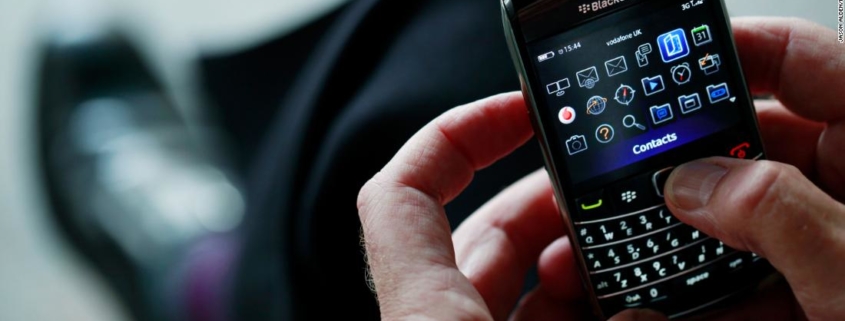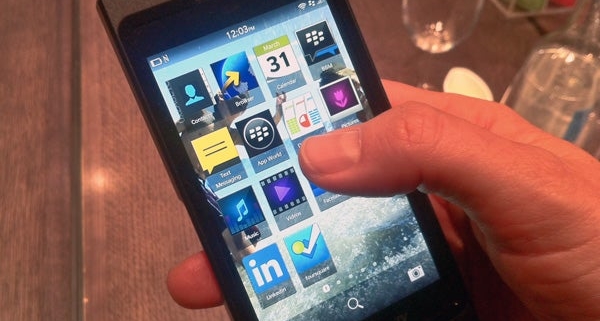Atos, BlackBerry, Check Point Software Technologies, Citrix – corporate ethos
MarketsandResearch.biz provides an in-depth assessment of the current state of the specified sector in its comprehensive report Global High Security Mobility Management Market from 2021 to 2027. It provides industry participants with the essential knowledge and slashing analysis to assist in designing the ideal company plan and selecting the best path for rapid growth. It is accomplished by analyzing areas through an up-to-date analysis of the most critical factors, the most recent situation, potential value, threats and limits, issues, and the best performance.
For qualitative and quantitative data in the report, various vital sources on the supply and demand sides of the global High Security Mobility Management market were investigated and reviewed. The demand side of the market includes fiscal establishments, retail, healthcare, manufacturing, and other industries.
The global High Security Mobility Management industry research report contains data on niche industry players, share price, gross margin, and market expansion assessment. This study includes a SWOT analysis and information on market fluctuations and the company’s developing areas. The study consists of primary and secondary data and market sizes for various locations around the globe.
DOWNLOAD FREE SAMPLE REPORT: https://www.marketsandresearch.biz/sample-request/213796
The High Security Mobility Management market’s prominent vendors include
- Atos
- BlackBerry
- Check Point Software Technologies
- Citrix
- Cyber
- GSMK
- IBM
- Kaymera Technologies
- Microsoft
- MobileIron
- Pulse Secure
- Samsung
- Sikur
- Silent Circle
- Sophos
- Soti
- Thales Group
- Virtual Solution
- VMware
Market segmentation based on the
- Mobile Application Management
- Mobile Device Management
- Mobile Content Management
- Mobile security
Market Segmentation based on the
Market segmentation based on the geographical locations
- North America (United States, Canada and Mexico)
- Europe (Germany, France, United Kingdom, Russia, Italy, and Rest of Europe)
- Asia-Pacific (China, Japan, Korea, India, Southeast Asia, and Australia)
- South America (Brazil, Argentina, Colombia, and Rest of South America)
- Middle East & Africa (Saudi Arabia, UAE, Egypt, South Africa, and Rest of Middle…



